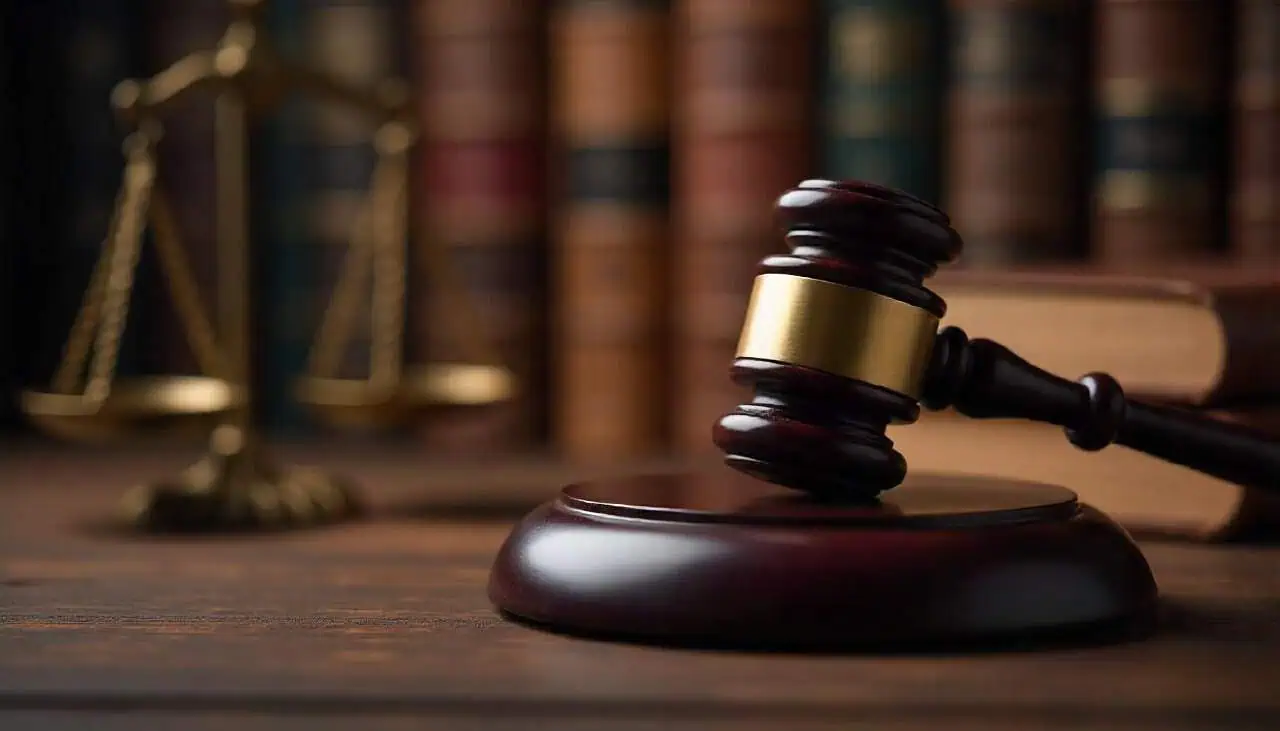
Roman Storm faces a federal trial in the United States this week, where prosecutors are seeking to link him to North Korea's Lazarus Group. The crypto community is questioning whether a developer should be held accountable for the misuse of his code.
The criminal trial of Roman Storm, co-founder of Tornado Cash, began this week in New York with jury selection and opening statements that have already generated tension in the crypto industry.
According to report According to Inner City Press from the Southern District Court, US prosecutors focused on connecting Storm to North Korean hackers, specifically the Lazarus Group, implicated in the historic Ronin hack in 2022, and other projects like Bybit, in what is considered the largest hack of the crypto industry to date.
“The defendant was benefiting from a gigantic money laundering scheme,” Assistant District Attorney Kevin Mosley stated. He added that Storm had multiple opportunities to intervene, but chose to proceed. Prosecutors allege that Tornado Cash was used to launder the $600 million stolen in that attack on Ronin, in clear violation of U.S. sanctions.
In response, Storm's defense team flatly denied any direct link. Her attorney, Keri Axel, emphasized that Tornado Cash is a “privacy protocol freely available to all” and that there is no evidence that Storm agreed to participate in criminal activities. “Roman had nothing to do with the hacks”, he asserted. He also compared the case to products that can be misused without implicating their creators, such as Signal, cash, or even a hammer.
ENTER CRYPTO WITH CONFIDENCEThe legal history of Tornado Cash: from punishment to vindication
This trial isn't happening in a vacuum. Tornado Cash has been in the spotlight since August 2022, when the Treasury Department's Office of Foreign Assets Control (OFAC) sanctioned the protocol for allegedly facilitating money laundering, including funds manipulated by North Korean hackers.
This measure was rejected by much of the crypto community. Coin Center, a key digital rights organization, filed a lawsuit alleging that sanctioning an autonomous protocol exceeded the government's legal authority. According to them, a decentralized protocol is not a legal entity, nor can it have criminal intent.
The turnaround came this year, when the Treasury Department revoked the sanctions. The decision completely changed the regulatory landscape and Coin Center celebrated the withdrawal as a victory for privacy, innovation and respect for open source.

Privacy vs. Control: The Debate Behind the Tornado Cash Case
The Tornado Cash case isn't just about Storm. It represents the clash between two visions: one that demands control and sanctions for the misuse of technologies, and another that defends the neutrality of code as a tool without its own agenda.
Privacy advocates point out that blaming Tornado Cash for the protocol's misuse is like holding central banks responsible for illicit transactions involving cash. They argue that the code lacks conscience or will, and that sanctioning its existence or those who create it violates constitutional principles.
For its part, the government seeks to demonstrate that Storm was not merely a passive developer, but a conscious facilitator. During the hearings, prosecutors twice objected to defense statements, particularly when hypothetical examples about users' physical safety were introduced.

Blockchain Course
Basic levelTake this course where we explain blockchain in a clear, simple and concise way so that you have a very clear idea of what this new technology consists of.
The symbolism behind the protocol: freedom, privacy, and resistance
Over time, Tornado Cash has moved beyond being simply a cryptocurrency mixing protocol. For many, it has become a symbol of resistance to government overreach and an icon in the defense of digital privacy.
The lifting of the sanctions was hailed as proof that legal and community pressure can make a difference. Coin Center said the government failed to defend “a dangerously broad interpretation” of the sanctions laws, recognizing that punishing the code itself sets an alarming precedent.
This episode has left its mark on the entire industry. It has sparked the interest of developers, investors, and digital rights advocates, who now see more clearly the need to protect the development of decentralized tools from arbitrary regulatory threats.
Now, although the Storm case is taking place in the United States, its implications transcend borders. The way in which the US courts establish legal liability for decentralized protocols could significantly influence how other countries regulate these disruptive technologies. In some ways, this case is laying the groundwork for legislators around the world to reflect on where to draw the line between technological innovation and the law.
The outcome of this trial could revolutionize the relationship between technology developers and the legal system. Should a developer be held liable for the misuse of an open, autonomous tool? Or would such a position unfairly restrict progress and innovation in the name of hypothetical security? These are crucial questions that remain unanswered, and as Storm's legal process continues and witnesses prepare to testify, the entire industry is awaiting the outcome.
EXPLORE THE POTENTIAL OF CRYPTO

